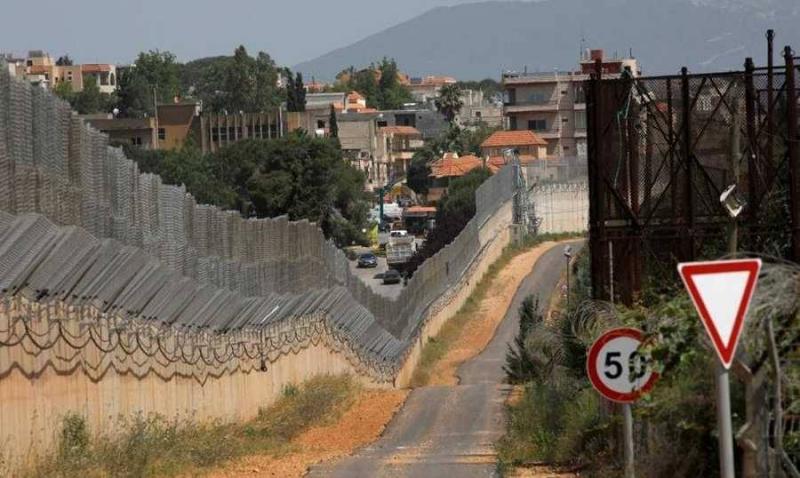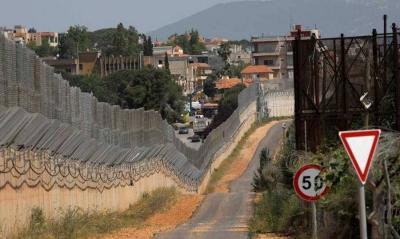The Financial Times reported that the United States is leading efforts to establish a buffer zone between Israel and Hezbollah in southern Lebanon. It is discussing with Britain and France ways to persuade the group to withdraw from the border in an attempt to prevent a wider conflict with Israel. Under this initiative, Western officials are in talks with Lebanon and Israel to encourage both countries to implement United Nations Security Council Resolution 1701, which calls for Hezbollah to withdraw its fighters from the border area and to grant the Lebanese army a larger role in efforts to create a buffer zone along the border. A Western diplomat warned that achieving this solution is "very difficult," advocating for a "cessation of hostilities between Israel and Hezbollah first, and then pushing the group to comply" with a withdrawal, according to the Financial Times.
The ideas being discussed include strengthening the United Nations force stationed in southern Lebanon (UNIFIL) and attempting to delineate the "Blue Line," which represents the actual border between Israel and Lebanon in the absence of officially agreed-upon boundaries. Those familiar with the discussions believe it is still in its early stages and that there are significant hurdles to overcome. Officials noted that the talks were coordinated, while others confirmed that the U.S., U.K., and France are having separate discussions with both sides.
For his part, a Lebanese official stated that Resolution 1701 could provide a "roadmap" for the discussions, but emphasized that any agreement must address Beirut's concerns regarding Israeli violations of the resolution, including breaches of Lebanese airspace and the Israeli presence in about 12 disputed areas. He added, "The Israelis are trying to use their war in Gaza as a means to pressure us, and that will not succeed. Let us think constructively, put Resolution 1701 on the table, and see who violates it, and try to revive its implementation."




